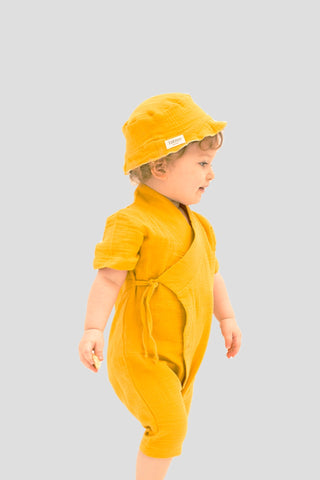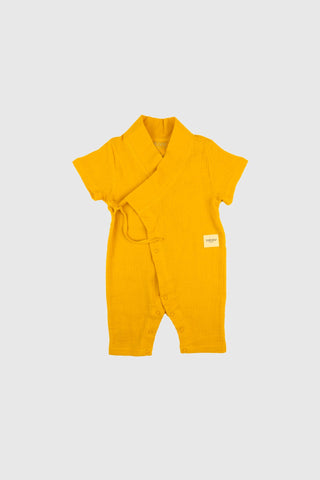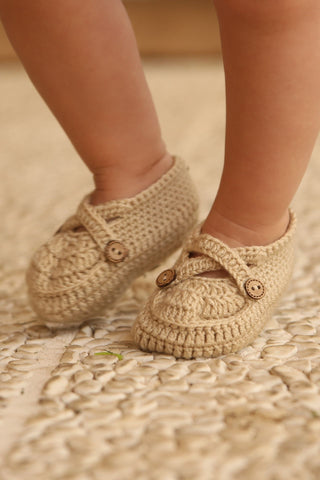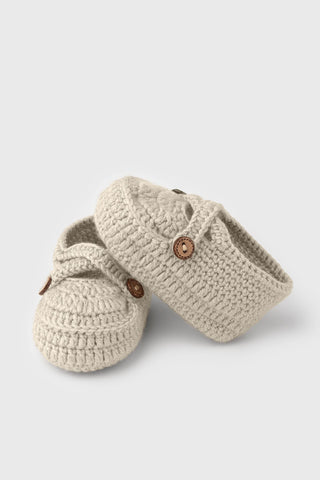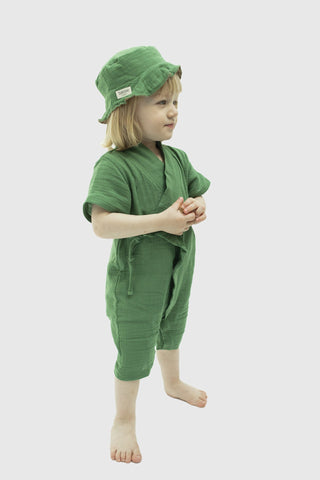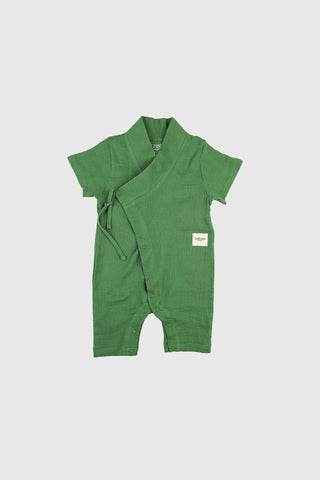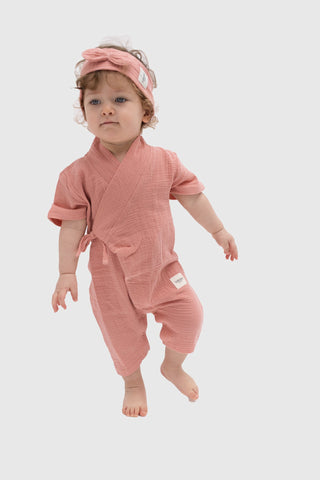18-Month-Old Baby Sleep
For a parent, the sleep of an 18-month-old baby is a crucial part of the daily routine. At this age, babies typically sleep 12-14 hours at night, and their daytime naps may be shorter. Establishing a sleep routine is critical for both the baby’s and parent's health. Parents can help their baby sleep better by keeping a regular sleep schedule and creating a calming pre-sleep routine. Also, ensuring the baby's sleep environment is quiet and comfortable will facilitate more peaceful sleep.
If your baby has sleep problems, for more information, you can read our article titled "Reasons Why Babies Can't Sleep".
18-Month-Old Baby Teething
18-month-old babies are often in the middle of the teething process. During this period, babies' gums can be sensitive and swollen, which may cause discomfort. Parents can provide relief by massaging the baby’s gums or offering cold teething toys. Additionally, ensuring the baby gets enough calcium and Vitamin D during this period contributes to healthy teeth development. It's important to remember that babies' appetites may change during the teething process.
18-Month-Old Baby Weight
A baby's weight is an important indicator of their healthy development. The average weight for 18-month-old babies is about 10-12 kg for girls and 11-13 kg for boys. However, each baby's growth rate is different, and weight can vary due to many factors. Parents should try to maintain their baby's weight in a healthy range through healthy eating habits and adequate physical activity. Sudden changes in the baby’s weight should be consulted with a health professional.
18-Month-Old Baby Care
Baby care requires special attention at 18 months as at any age. At this age, babies start to gain independence and feel the need to explore. Providing a safe play area supports the baby's development while protecting them from potential accidents. Regular doctor check-ups and vaccination schedules also support the baby’s health. Parents should maintain the baby's cleanliness and hygiene to foster a healthy developmental environment.
18-Month-Old Baby Physical Development
An 18-month-old baby shows rapid physical development. During this period, babies start to walk, can run, and even climb stairs. Physical activities are vital for supporting the baby’s motor skills and muscle development. Parents should allow the baby to move and acquire new skills in a safe environment. Additionally, children's playgroups and activity centers provide excellent environments for supporting social and physical development.
18-Month-Old Baby Clothes
Choosing clothes for an 18-month-old baby is important in terms of both practicality and comfort. At this age, as babies are active and mobile, clothes that are comfortable and allow freedom of movement should be chosen. Cotton and breathable fabrics help the baby stay comfortable without irritating their skin. Also, seasonally appropriate clothing and designs that are easy to put on and take off provide great convenience for parents.
For selections of clothes that will ensure your baby's comfort and change their style, you can check out our article titled "Boutique Baby Clothing: Where Style and Comfort Meet".
18-Month-Old Baby Feeding Schedule
18-month-old babies usually consume 3 main meals and 1-2 snacks a day. At this age, it's important for the baby to have a balanced and varied diet. Regular meal times help the baby develop healthy eating habits. Fruits, vegetables, whole grains, and protein sources provide the necessary nutrients for the baby's growth and development. Also, water consumption is important at this stage, and the baby should be encouraged to drink adequate amounts. Babies' appetites and nutritional needs can vary individually, so it's beneficial to consult a health professional in case of any concerns.


